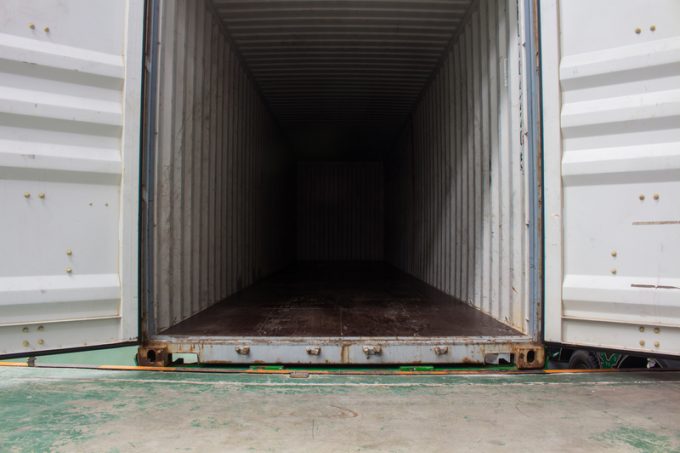European port congestion easing – for now
Port congestion across North Europe’s key hubs appears to be abating – although the relief ...

Empty container shortages are expected following the delays and diversions in the Red Sea, which could have longer-term ramifications for the supply chain as it heads into Chinese New Year.
Normal vessel rotations will nearly double because of diversions around the Cape of Good Hope, ...

Comment on this article